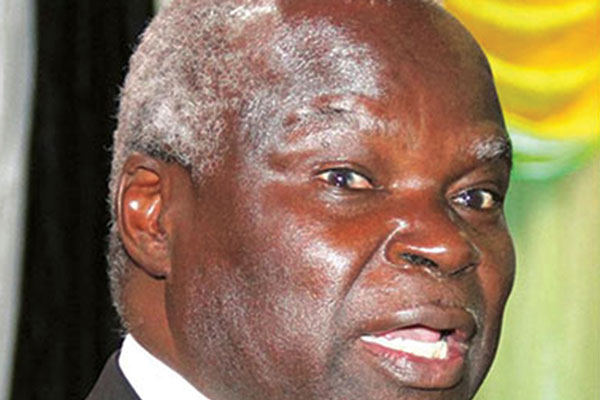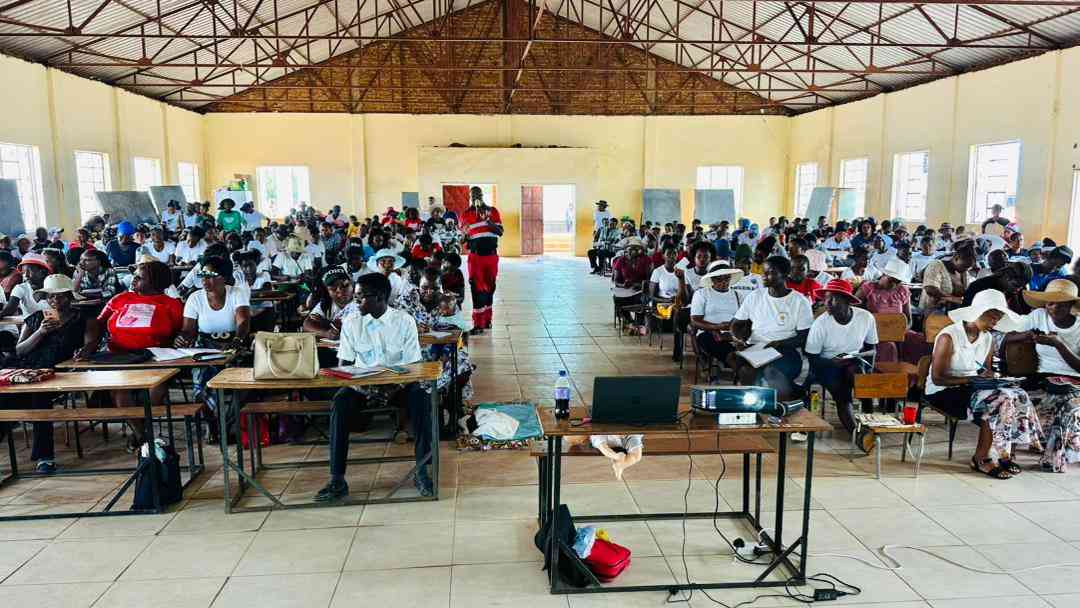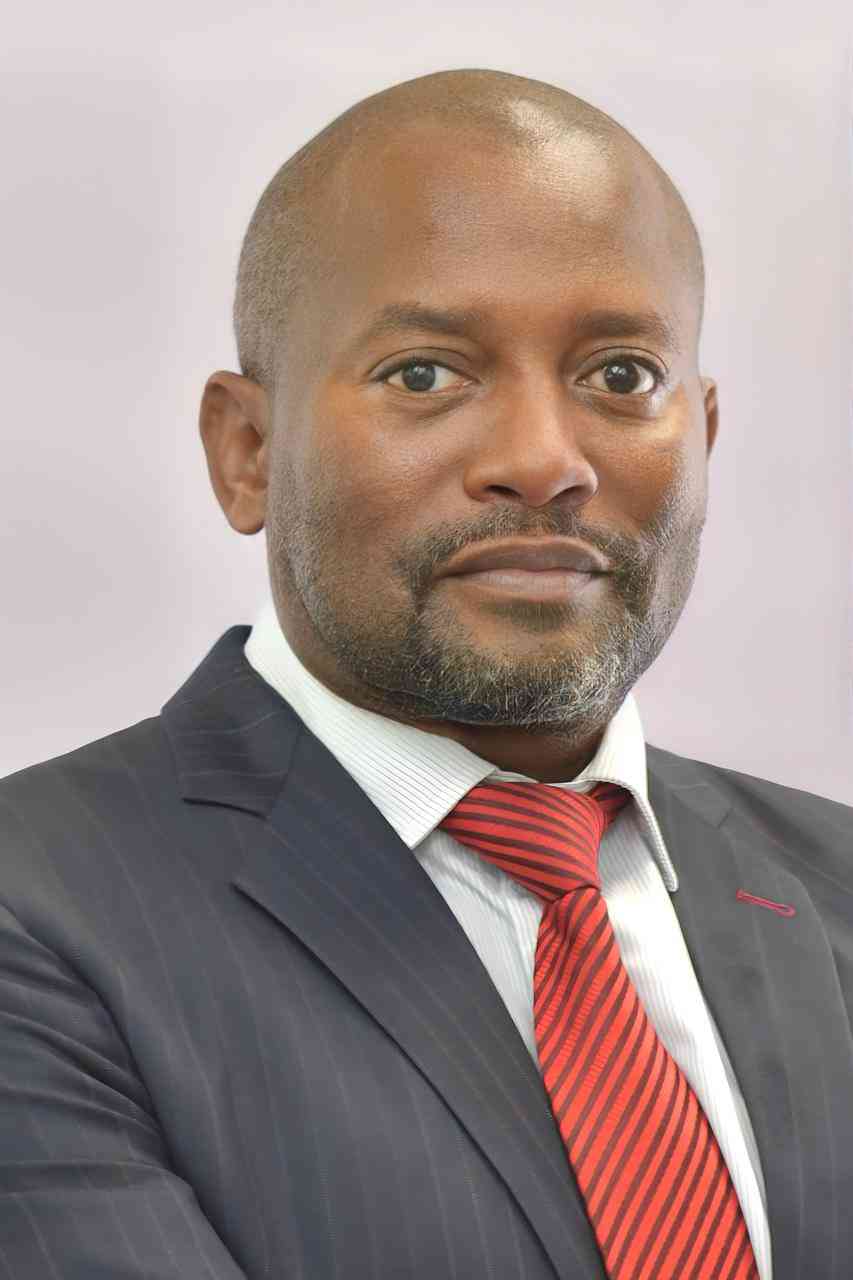
GOVERNMENT will today face off with its restive workers in a last-minute ditch to stifle a proposed nationwide civil servants’ strike, but teachers unions yesterday vowed to go ahead with the industrial action as scheduled.
BY EVERSON MUSHAVA
The meeting takes place at a time striking doctors are also meeting to decide their next course of action after government failed to break their month-long industrial action.
This was after government made a few more concessions at the weekend, but representatives of the Zimbabwe Hospital Doctors Association refused to counter-sign the agreement before consulting their membership.
Teachers have threatened a crippling strike when schools open for the first term tomorrow, demanding to be paid in United States dollars or at least $3 000 local currency, among other demands.
Shaken by the prospect of a looming crippling strike, acting Labour and Social Welfare minister July Moyo on Friday invited all public servants’ unions and four fellow Cabinet ministers to today’s crunch meeting with union leaders.
Besides the Ministry of Labour, ministries of Finance, Primary and Secondary Education, Higher and Tertiary Education and the chairperson of the Public Service Commission will also attend the meeting.
Most teachers’ unions, however, yesterday said they would go ahead with the industrial action with the unions’ umbrella body, the Apex Council, saying the meeting would determine their next course of action.
- Chamisa under fire over US$120K donation
- Mavhunga puts DeMbare into Chibuku quarterfinals
- Pension funds bet on Cabora Bassa oilfields
- Councils defy govt fire tender directive
Keep Reading
Apex Council secretary-general David Dzatsunga said the civil servants’ umbrella body would consult its members on the next move after the meeting, adding that they would not stop individual unions from making independent decisions.
“We have agreed that every other action will be premised on today’s meeting with the five principals [ministers] from our employer,” Dzatsunga said.
“The decision to go for a strike comes from the members. Some unions can unilaterally declare a job action if that is what their membership has proposed. That will not necessarily be the position of the Apex Council. The apex body will sit down and make an apex position.”
He said the Apex Council has already advised government that their members may not be able to report for work because they were incapacitated due to the increased cost of living that has eroded their earnings.
The meeting would be first this year after the National Joint Negotiating Council met on December 7 last year, where Apex Council leaders walked out in protest after failing to get satisfactory answers from their employer.
Obert Masaraure, the Amalgamated Rural Teachers’ Union Association of Zimbabwe president said his union would send a representative to the meeting, but that would not stop preparations for tomorrow’s proposed strike.
“The strike will go ahead. Teachers will not attend the preparatory meetings today and will not report to work on Tuesday. The only thing that can stop us from going on strike is a reflection of US$ salaries in our accounts,” Masaraure said.
He accused government of exhibiting a contemptuous attitude when dealing with civil servants.
Zimbabwe Progressive Teachers’ Union president Takavafira Zhou also said the meeting would not stop the job action, but an increment of their salaries would do.
“Our salaries are enough to take us to work for two days. We are deliberating the two days we should report to work and the three we should stay at home. We are very clear about that. The purchasing power parity of our salaries can no longer allow us to do so. We cannot subsidise our employer,” Zhou said.
The largest teachers’ union, the Zimbabwe Teachers’ Association (Zimta), at the weekend announced that its members would start their strike action tomorrow, regardless of the outcome of today’s meeting.
Zimta president Richard Gundani said: “Talking won’t capacitate teachers. They need money. The strike is going ahead”











